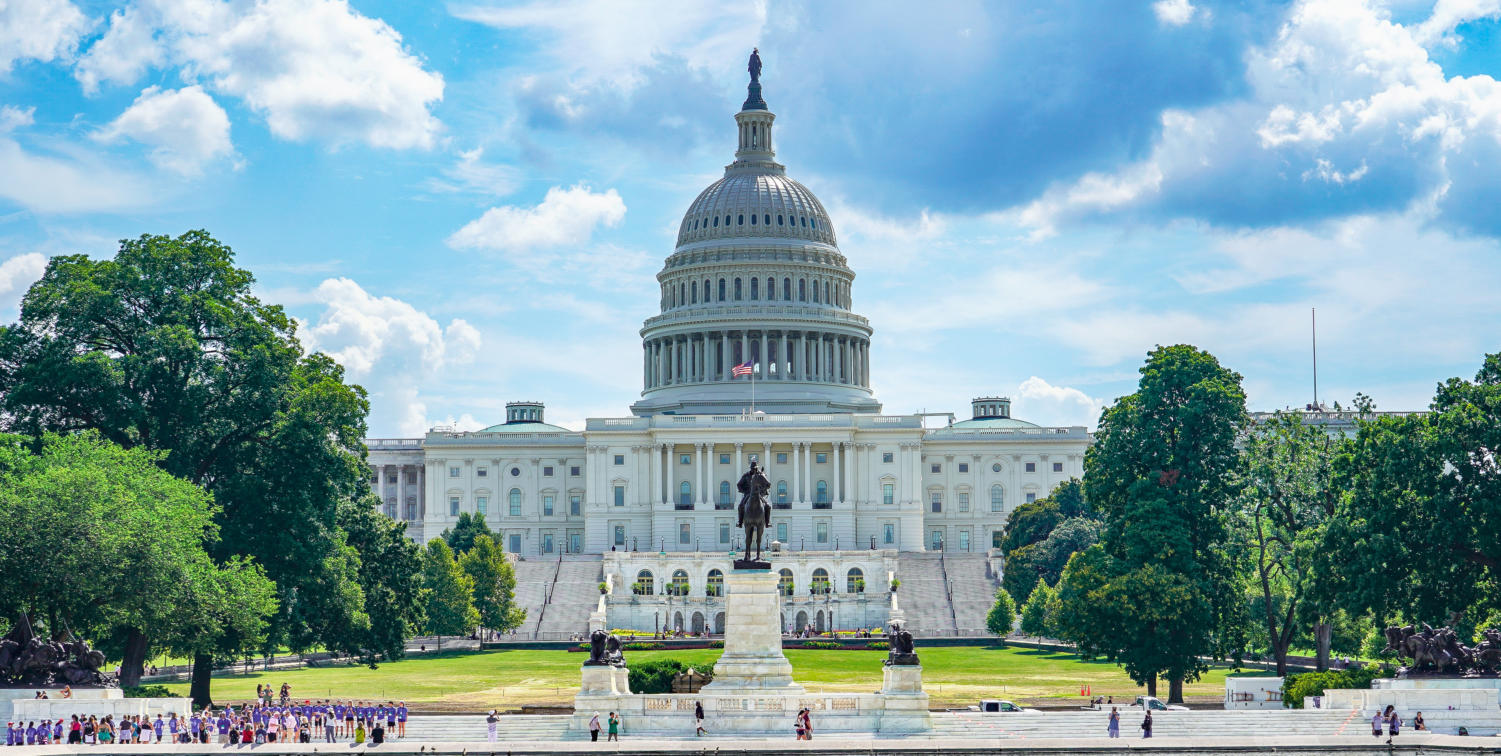by Tilak Doshi
Given how rigid the official orthodoxy is when it comes to the public health ‘crises’, the ‘climate emergency’ and the supposed moral defects of Western civilization, it’s no surprise that the slur words of choice today are “anti-vaxxer”, “racist”, “homophobe”, “Islamophobe”, “far right” and, not least, “climate denier”.
The “climate denier” epithet is used to shut down rational debate on climate change with specious claims about “settled science”. As the physicist Steve Koonin says: “I find it particularly abhorrent to have a call for open scientific discussion [on climate change] equated with Holocaust denial, especially since the Nazis killed more than two hundred of my relatives in Eastern Europe.”
The scurrilous epithet resurfaced last week in an article in the Guardian entitled – cue shock, horror – “Climate change deniers make up nearly a quarter of U.S. Congress.”
How much longer will this heresy be tolerated?
In an interview on GB News with Andrew Doyle, British environmentalist Jim Dale demanded the criminalisation of climate denialism. He said that “climate deniers” are “dangerous” for society and their scepticism about Net Zero “pollutes the discourse”. Mr. Dale demurred in spelling out just exactly what sanctions should be applied to “illegal” opinions about climate change, stating that it would be up to politicians like Sir Keir Starmer.
That interview took place three months ago, and Starmer is now Prime Minister. Having moved from his previous role as the Director of Public Prosecutions to Parliament and then to the highest political office in the U.K., his response to last week’s riots has been to push for quick and harsh sentences, threatening freedom of speech.
Sky News reported on Thursday that a woman was arrested over a social media post on the Southport stabbing attack that killed three little girls and injured several others. Evidently, her media post was considered “dangerous” as she publicly shared a mistaken description of the perpetrator of the Southport killings. The question of her intentions did not seem to be an issue in that arrest, although she still hasn’t been charged.
The U.S. Supreme Court holds that the legal threshold from protected to unprotected speech is crossed when the words in question are “directed to inciting or producing imminent lawless action” and they’re “likely to incite or produce such action”. Both those tests have to be met for the words to lose their protected status under the First Amendment, something known as the Brandenburg test. In the U.K., the land of the Magna Carta, recent court cases suggest that no such test is necessary for criminal conviction for “stirring up violence” online or indeed even for believing in “forms of toxic ideology which has [sic] the potential to threaten public safety and security”. The blurring of the line between “criminal thought” and criminal conduct is a sad reflection of jurisprudence in the U.K.
One day before the arrest of the woman who posted inaccurate information about the Southport killer, the Director of Public Prosecutions in England and Wales, Stephen Parkinson, warned: “We do have dedicated police officers who are scouring social media to look for this material, and then follow up with arrests… You may be committing a crime if you repost, repeat or amplify a message which is false.” UK Metropolitan Police Commissioner Sir Mark Rowley told a reporter in response to a question about Elon Musk supposedly “whipping up hatred” on X: “Being a keyboard warrior does not make you safe from the law.”
The purpose of blaming the riots on social media, of course, is that it deflects from the real issue: a great many Britons disapprove of the government’s complicity in the scale of the mass immigration of the past two decades. That ‘thoughtcrime’ has fueled the riots in the country is reflected in the deluge of mainstream media headlines singing from the same hymn sheet:
In an Orwellian world where the carrying of machetes on the streets of British cities may more easily escape prosecution than the “far right thuggery” of “keyboard warriors”, Mr. Dale’s wish to criminalise “misinformation” about climate change may come true.
Dis- or misinformation is whatever the state says it is. The moral crusade is the war over disinformation with little discussion of underlying policy issues. Policy choices supportive of a Net Zero fossil fuel-free electric grid by 2030 are non-partisan “givens” – with little debate in or out of parliament – as the Covid lockdowns were when they were imposed. Thus it is no surprise that the Counter Disinformation Unit which targeted dissent during Covid has been rebooted by the Starmer government as the National Security Online Information Team to monitor social media in the wake of the riots.
Will the reborn secretive Covid-era spy agency start ‘flagging’ social media posts that question Ed Miliband, the Secretary of State at the oxymoronically named Department of Energy Security and Net Zero? Never mind that a fossil fuel-free electricity grid in Britain by 2030 – the interim goal enroute to a fully Net Zero Britain by 2050 – “is as likely as the second coming of Christ”, as David Starkey said in a recent interview.
Removal of climate contrarian posts on social media will be one thing. But will it eventually become a prosecutable offense in the UK to point out the tension between Net Zero and energy security, or to assert that Net Zero policy targets constitute an onslaught on people’s standards of living and a denial of reality? Will some future Britain sport an unelected Climate Change Committee sitting in judgement, Star Chambers-like, over climate deniers that congregate in secretive forums at 55 Tufton Street, that bastion of libertarian and right wing organizations?
Dr. Tilak K. Doshi is an economist, a former contributor to Forbes, and a member of the CO2 Coalition.
Related





















Discussion about this post